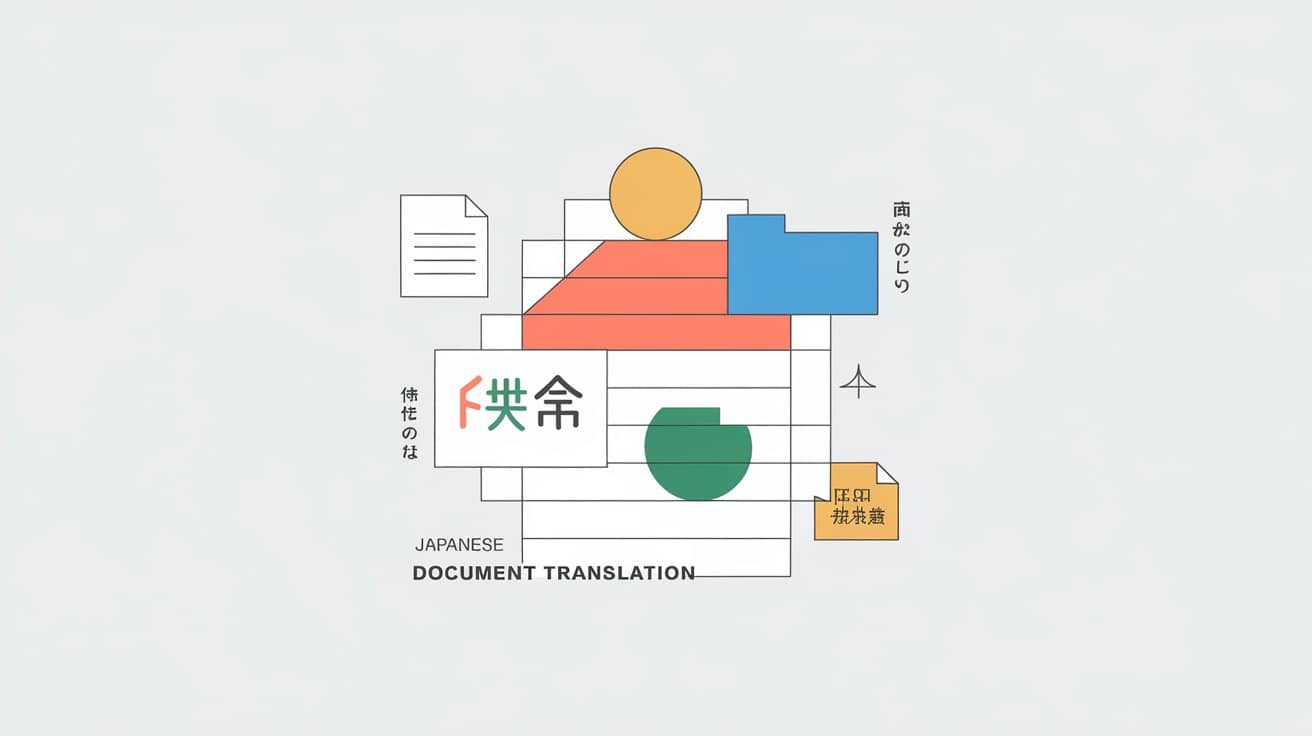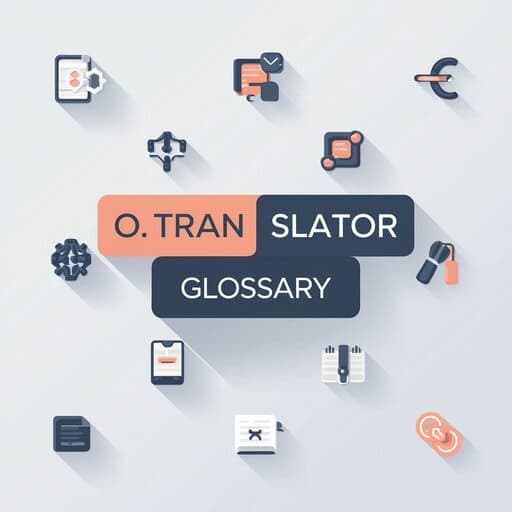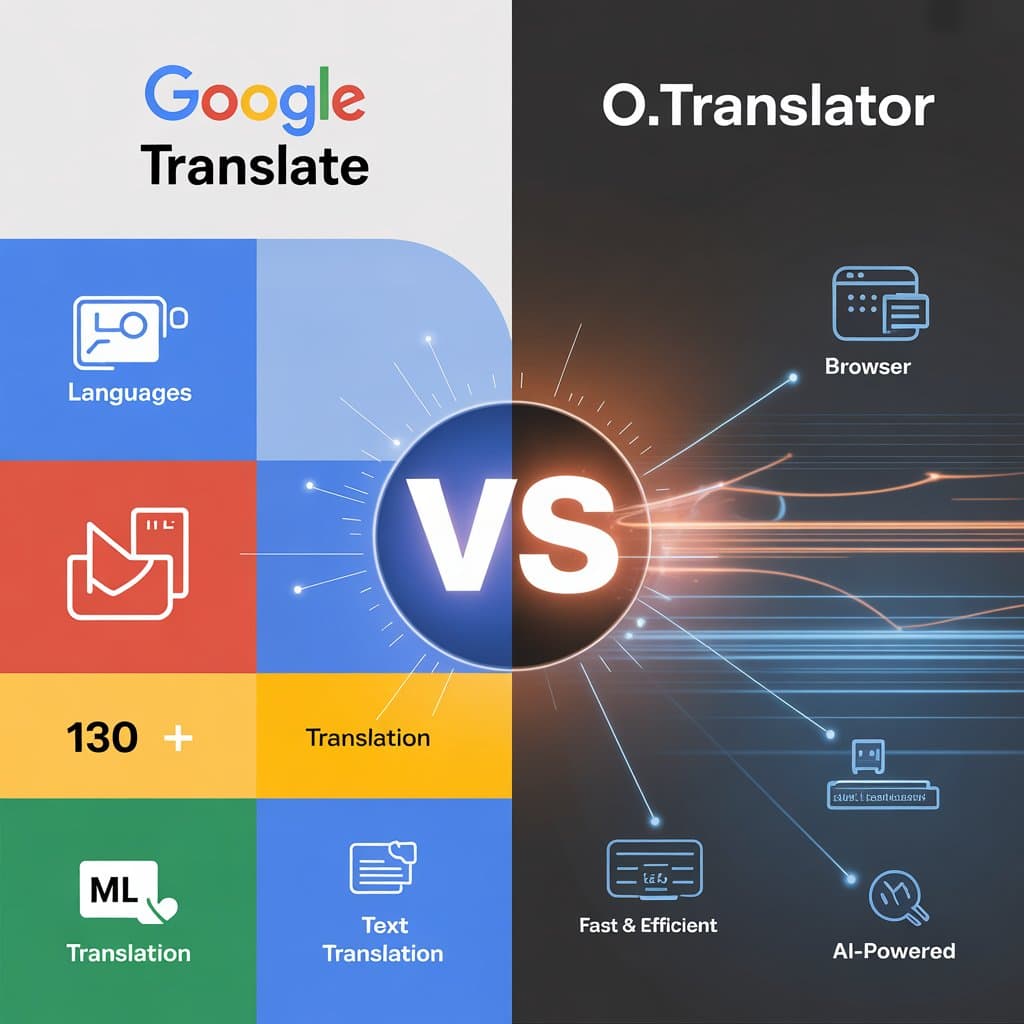Mastering Honorifics: The Complete Guide to Perfect Japanese Keigo Translation
Yee
Sep 21, 2024

Mastering Japanese Honorifics: A Comprehensive Guide to Respectful, Humble, and Polite Forms—Say Goodbye to Translation Pitfalls
Have you ever felt anxious about this: sending an important email to a Japanese client, carefully choosing every word and revising it repeatedly, yet still worrying that you might use the wrong term and seem disrespectful? Or when translating a product manual, facing various tone options and feeling completely lost about where to begin?
Don’t worry—this is not an overreaction. In Japanese translation, choosing the right honorific form (敬語 keigo) is even more important than we might realize. It is not just a set of simple grammatical rules—it is also a reflection of Japanese social etiquette, interpersonal relationships, and business culture. Using the wrong word can, at best, diminish your professional image, and at worst, unintentionally offend the other party.
However, honorific language is not an insurmountable barrier. Today, we’ll break down the three core forms of Japanese honorific language and show you how to use modern AI tools like O.Translator to more easily master this complex linguistic art.
The Three Pillars of Japanese Honorifics: What Makes Them Different?
To master honorific language, the key is to understand one core principle: Are your actions elevating the other person, or humbling yourself? Once you grasp this, the entire system becomes much clearer. If you want to study systematically, this guide from NHK World-Japan is an excellent starting point.
1. Respectful Language (尊敬語 sonkeigo) – Elevating the Other Person
This is language used to 'elevate' the other person. By using specific vocabulary and sentence patterns, you raise the status, position, or actions of the other person, thereby expressing your sincere respect.
- Usage scenario: When discussing your client, supervisor, elder, or anyone you need to show respect to, and describing their actions.
- Core formula: The subject is someone else, and the action is performed by someone else.
- Classic example:
- Standard expression: 'お客様が見ます。' (The client looks.)
- Respectful expression: 'お客様がご覧になります。' (The client (respectfully) views.)
2. Humble language (謙譲語 kenjōgo) – Lowering oneself
This is language used to humble oneself. By using specific vocabulary to lower the status of yourself or your team’s actions, you indirectly elevate the other party. This is a very subtle and elegant way to show respect.
- Usage scenario: When describing your own actions to a client, supervisor, or elder.
- Core principle: The subject is yourself, but the listener is someone who should be respected.
- Classic example:
- Plain form: '私が明日行きます。' (I will go tomorrow.)
- Humble form: '私が明日伺います。' (I will humbly visit tomorrow.)
3. Polite language (丁寧語 teineigo) – The universal 'safe choice'
This is the most basic and commonly used polite form. Unlike the previous two, it does not explicitly elevate or humble, but instead makes the entire sentence polite by using 'です' or 'ます' at the end.
- Usage scenarios: Applicable to almost all daily and most business situations. When communicating with unfamiliar people, colleagues, or store staff, using polite language is always a safe choice.
- Core principle: Universal politeness that neither elevates nor lowers anyone in particular.
How AI Can Help You 'Read the Air': Mastering Japanese Tone in O.Translator
Even with a solid understanding of the theory, maintaining a consistent style when translating thousands or even tens of thousands of words in long documents remains a challenge. Fortunately, advances in AI technology provide us with powerful support. When using O.Translator for Japanese translation, you can precisely control the level of politeness in your translation.
Scenario 1: Seeking natural and fluent results? Let AI make the judgment.
After you upload your document and select 'Japanese (Auto)' in the language options, O.Translator’s AI engine will act like an experienced translator, intelligently analyzing the context and adopting the most suitable tone. This method is ideal for most general documents, ensuring the translation sounds natural and authentic. The only drawback is that, in very long documents, the AI may introduce slight fluctuations in style across the entire text while optimizing certain sections.
Scenario 2: Need absolute rigor? Manually lock the style.
When translating formal business contracts, legal documents, or corporate website introductions, 'consistency' is your lifeline. By clearly selecting 'Japanese (Respectful)', 'Japanese (Humble)', or 'Japanese (Polite)' in the language options, you can ensure that O.Translator maintains a consistent style throughout the entire document. This ensures the professionalism and precision of the final product, preventing any misunderstandings that might arise from inconsistent tone.
Practical Guide: How to Choose the Best Tone for Different Documents?
To help you make confident choices in practice, we've prepared a quick decision guide for you:
| Target Document Type | Recommended Tone | Reason |
|---|---|---|
| Formal business correspondence, invitations, thank-you letters, and meeting minutes for clients or supervisors | Honorific Language | Express the highest respect for the recipient in a direct and clear manner. |
| Proposals introducing your own products or services, self-recommendation letters, company profiles, meeting speeches | Humble Language | Demonstrate respect and sincerity toward clients or audiences by humbling yourself. |
| Internal company daily emails, notifications, briefings, personal blogs | Polite Language | Maintain basic professional courtesy and formality, without coming across as overly stiff or distant. |
| Most uncertain or hybrid documents (such as press releases or market analysis reports) | Automatic (Default) | Allow AI to handle it flexibly based on context, which usually results in the most natural and balanced outcome. |
Ultimately, mastering the Japanese honorific system is a journey that requires ongoing learning and practice. However, with a powerful intelligent tool like O.Translator, you can take your first step with greater confidence, ensuring that every intercultural communication you engage in is both accurate and appropriate—so you no longer need to worry about making a misstep.


